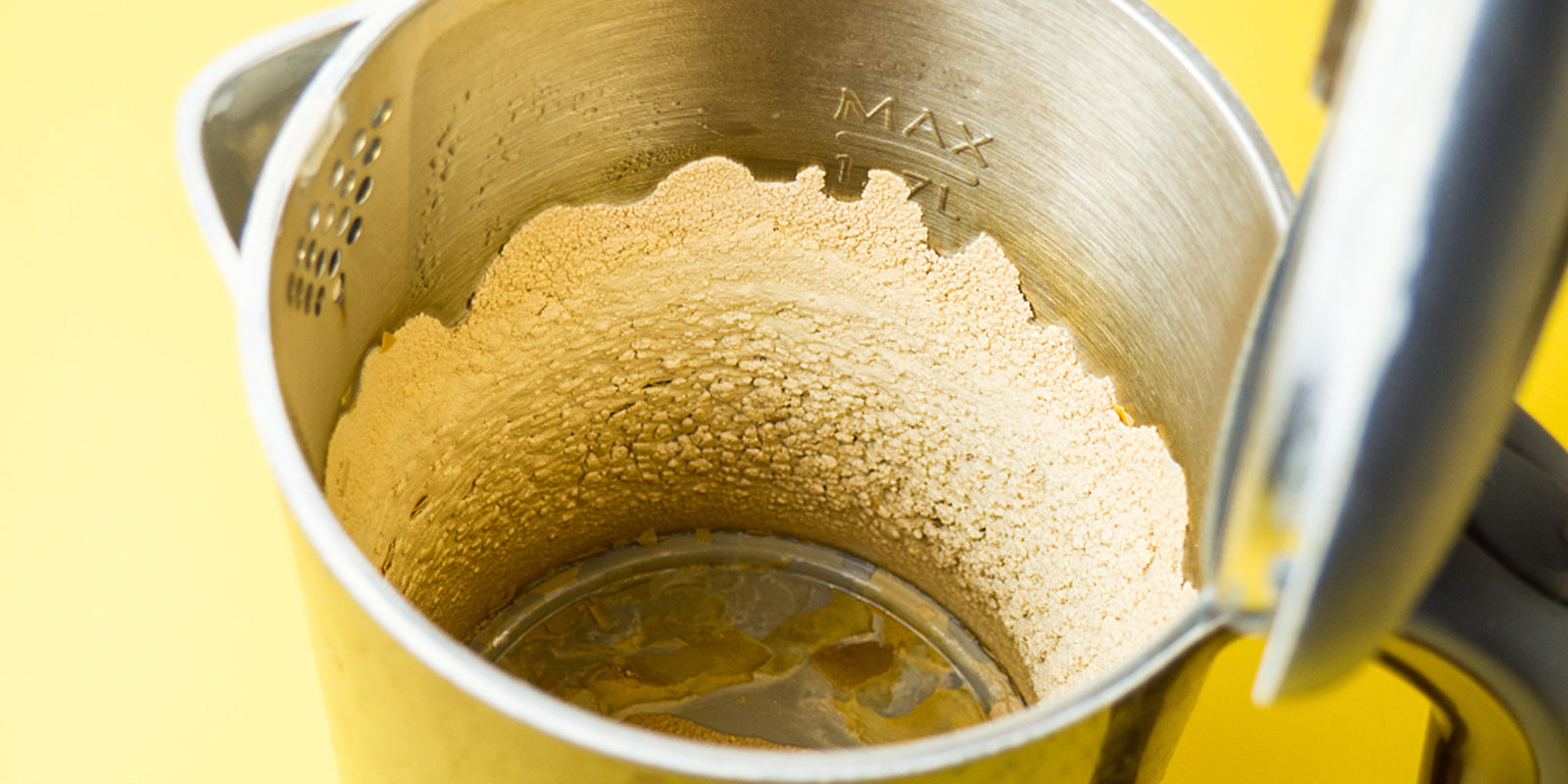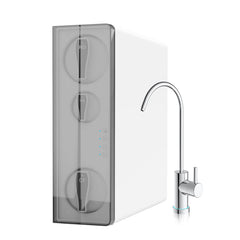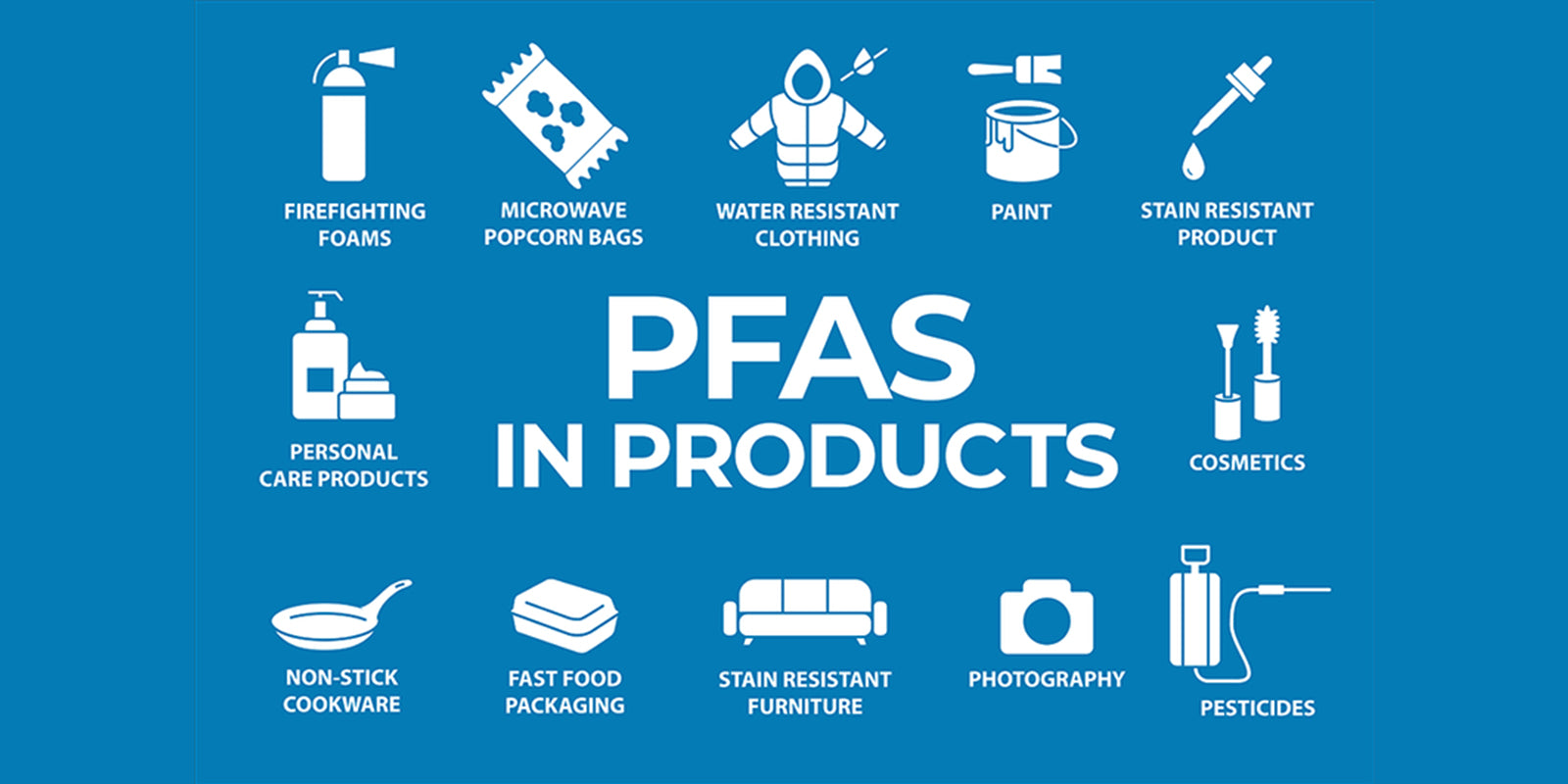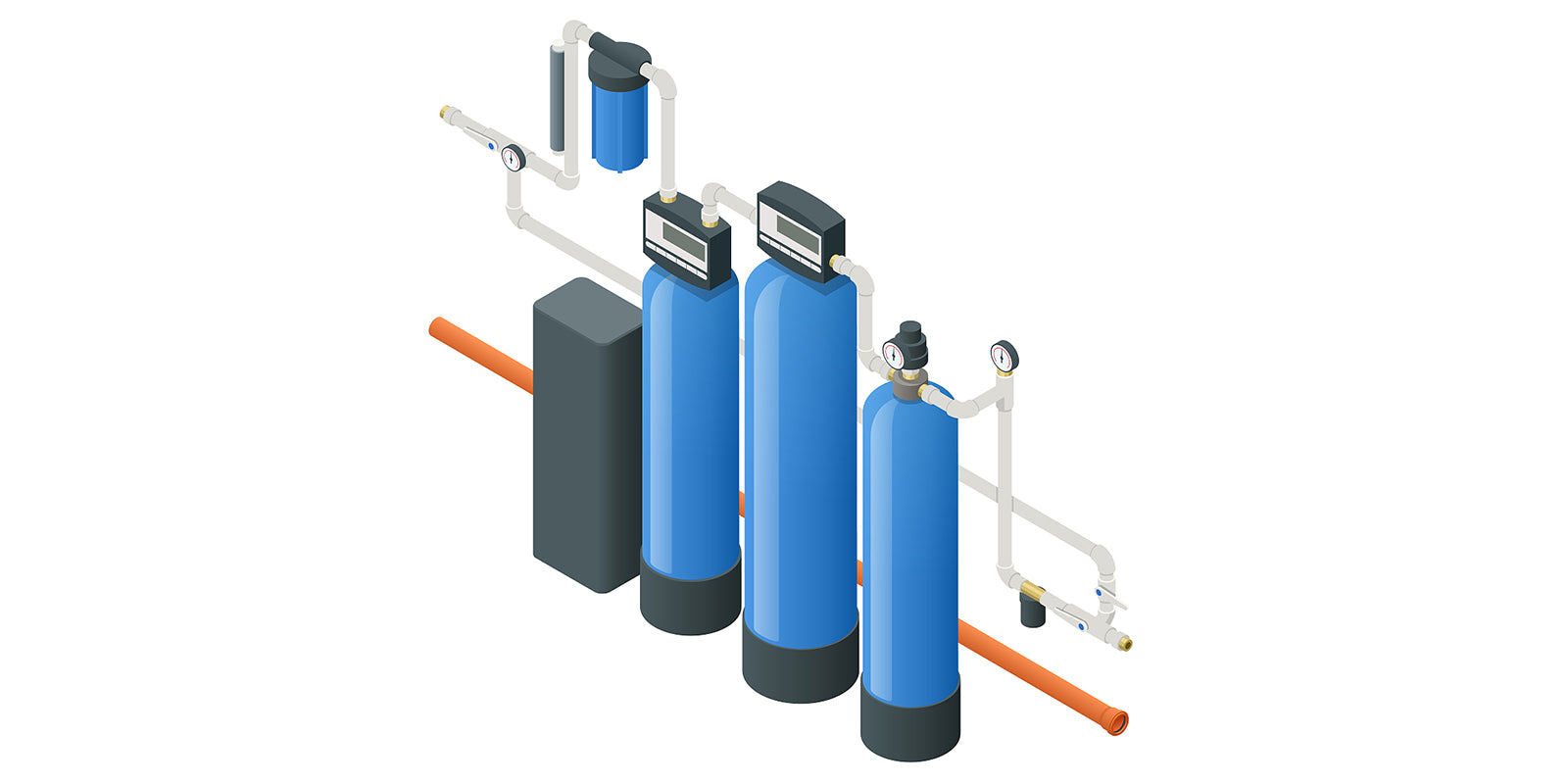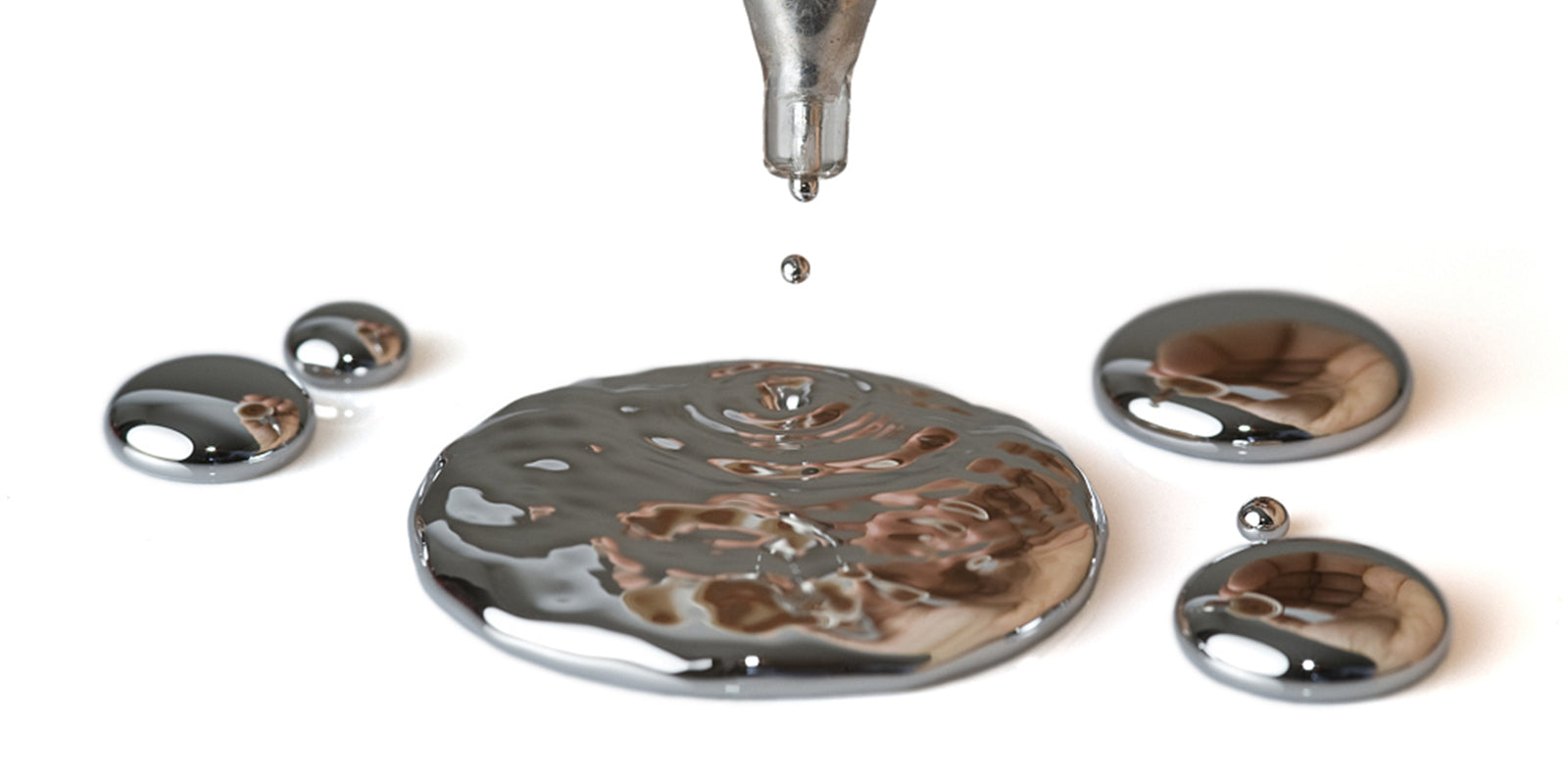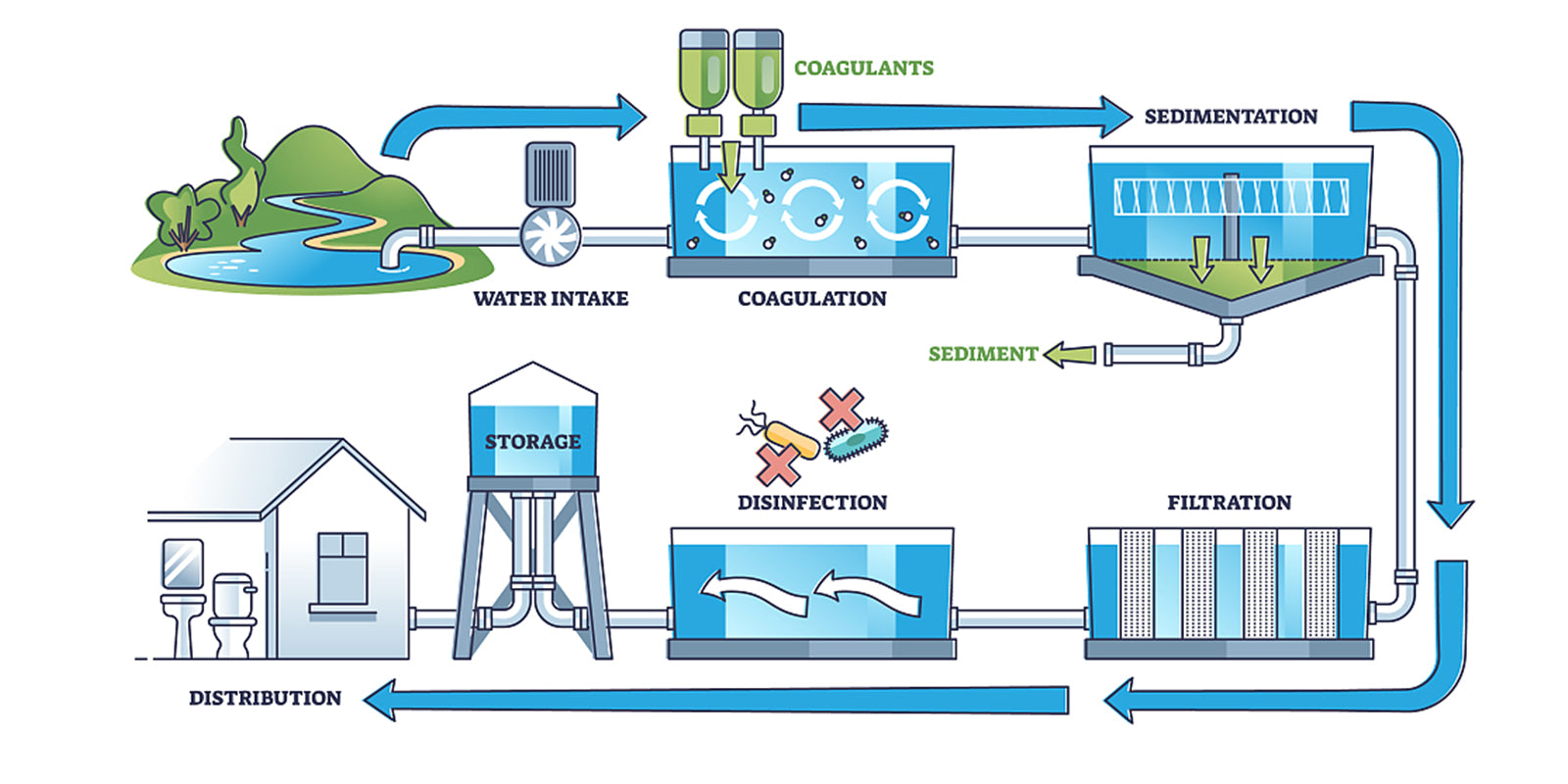Hard water is water that contains high levels of dissolved minerals, primarily calcium and magnesium. Are you tired of dealing with dry skin, soap scum, and plumbing damage caused by hard water? Or maybe you're just curious about what is hard water. In this article, we will discuss what is hard water and the effect it brings. What's more, we'll share some tips on how to get rid of hard water and enjoy the benefits of soft water at home!
What is hard water?
Hard water is water containing more soluble calcium and magnesium compounds.
When using it at home, it can not make soap lather, other signs of hard water include dry skin, acne from hard water, soap scum, and in the laundry precipitated a layer of scale; in boiling water will be in the bottom of the pot and gradually formed a layer of hard white scale at the bottom of the hot water bottle.
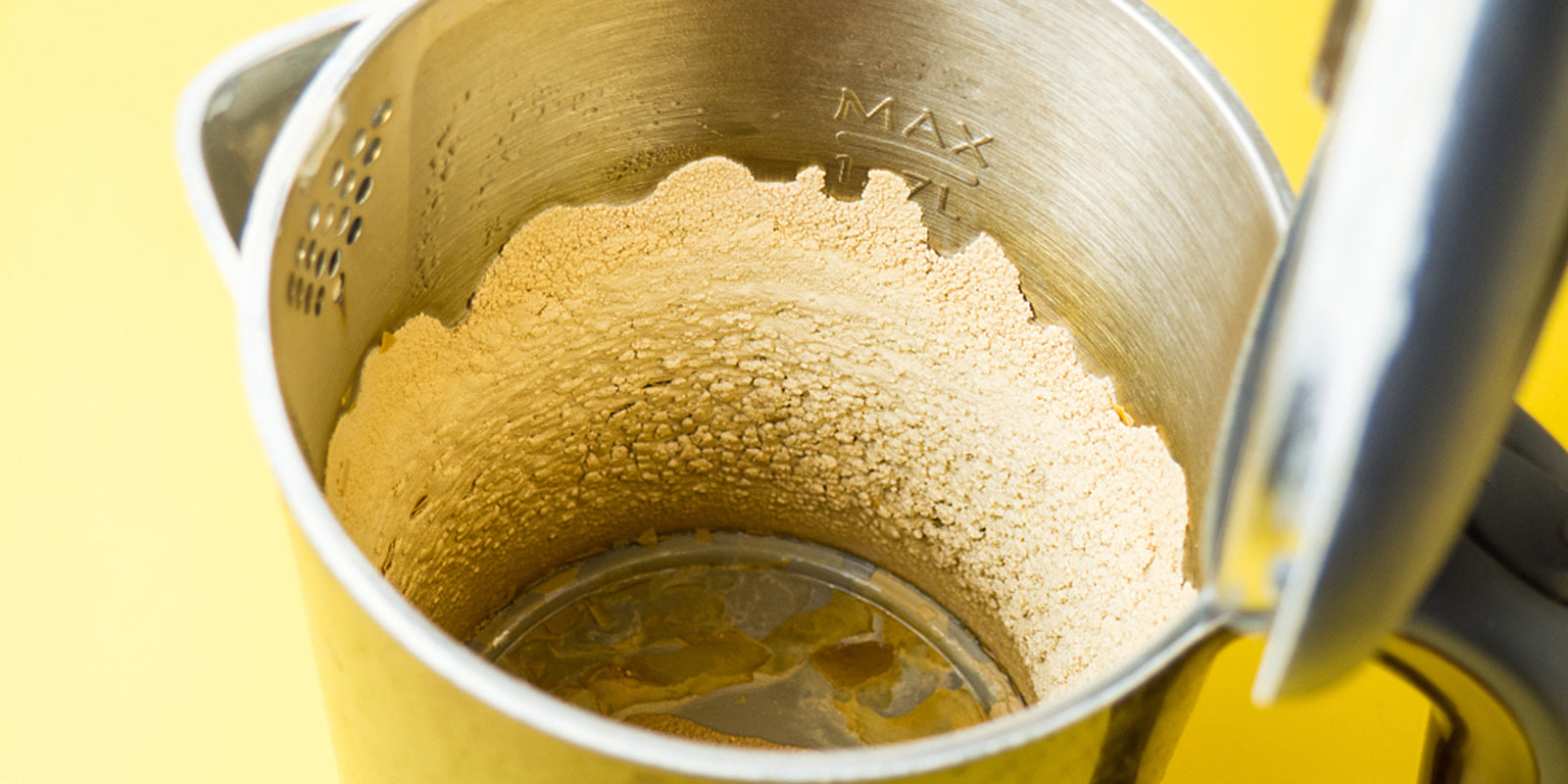
The effect of hard water
The Health Impacts
According to the analysis of relevant data, frequent exposure to high concentrations of hard water has many adverse effects on the health of the drinker. For example, high levels of calcium and magnesium can affect several organs of the body and lead to health problems.
One of the most serious effects of hard water is an increased risk of cardiovascular disease. People who drink hard water for long periods of time also have an increased risk of developing certain cancers. Hard water can also increase the risk of stomach, colon, ovarian and esophageal cancers. Even diabetes and neurological disorders have been linked to hard water consumption.
Skin Problems
Another significant effect of hard water is that it is an irritant to the skin. Many people who shower with hard water notice dry skin and even hard or bumpy skin. Hard water contains many minerals, which means that the cleaning products used in the shower do not dissolve well in the water. When they are not rinsed off well, it can cause them to irritate the skin. Using some faucet filters can remove some minerals from the water and save space, making it easier for drink and soap to dissolve and rinse away from the skin.
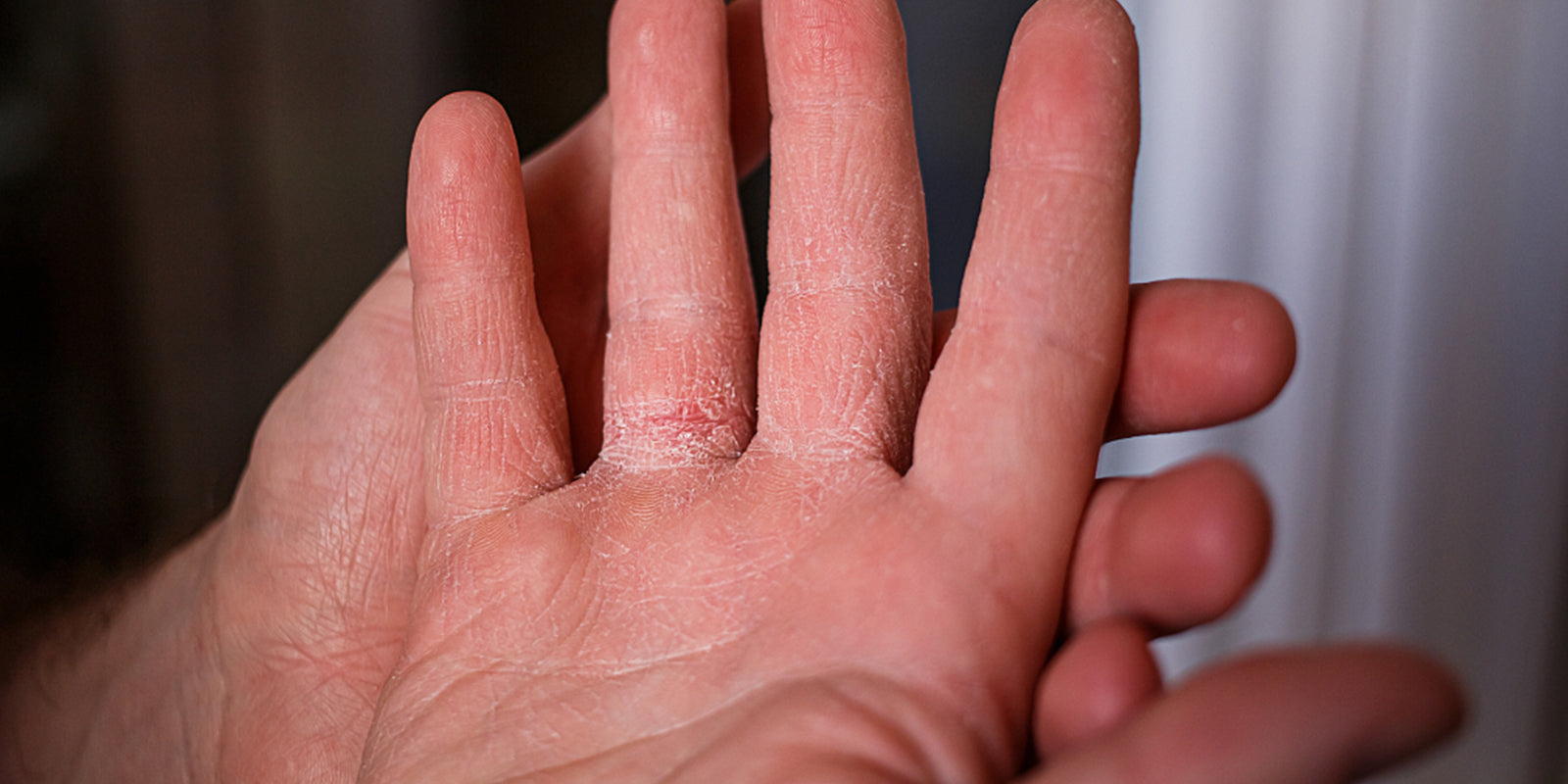
Effects on the Home
Large amounts of minerals in hard water often clog pipes, which can cause your appliances to run less efficiently, which often leads to higher energy bills and even damage to the appliance. In addition, clogs can lead to leaking pipes and shorten the life of your appliances.
Hard water can also cause your home to not be overly aesthetically pleasing. It can leave stains on sinks, showers and tubs and leave a thick layer of limescale on water fixtures.
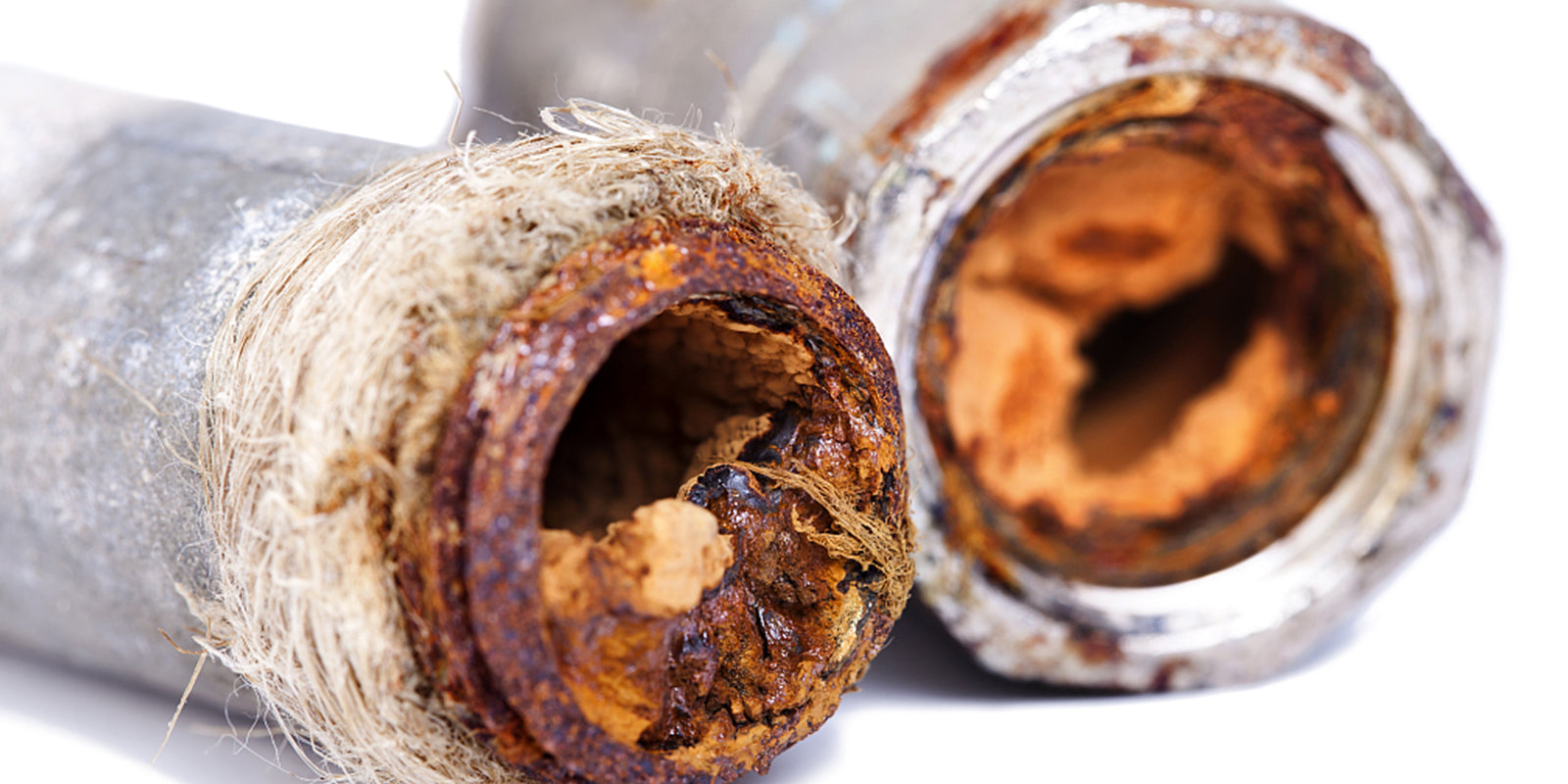
How to Get Rid of Hard Water at Home?
Now that we have a definitive understanding of hard water, you may be wondering how to switch from hard to soft water. One effective way to do this is to install a water filter, which reduces TDS level and removes minerals from the water that cause hardness.
Several types of water purifiers are available, including reverse osmosis systems and ultrafiltration systems. Both soften water by moving small molecules through the membrane and blocking larger ones.
BUF1 Ultrafiltration Water Filtration System Stainless Steel Shell
AWater 1 Tankless Reverse Osmosis System Under Sink RO Water Filtration

